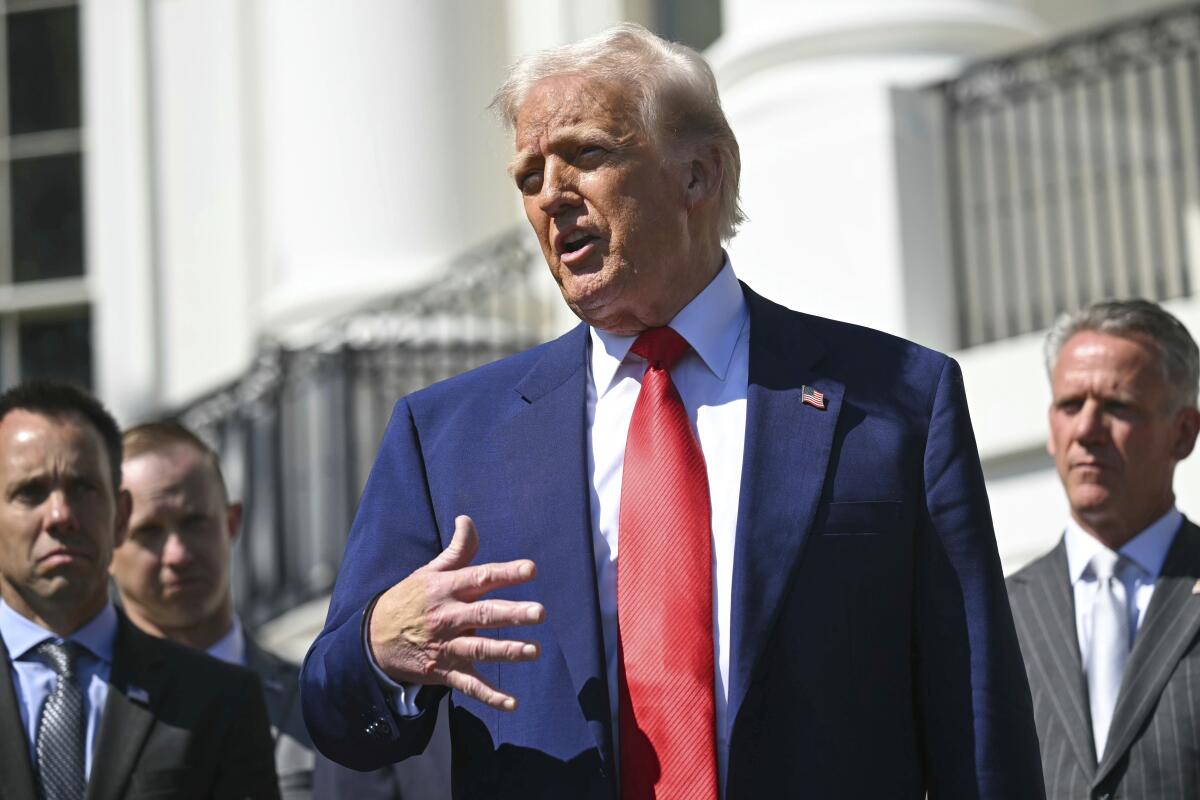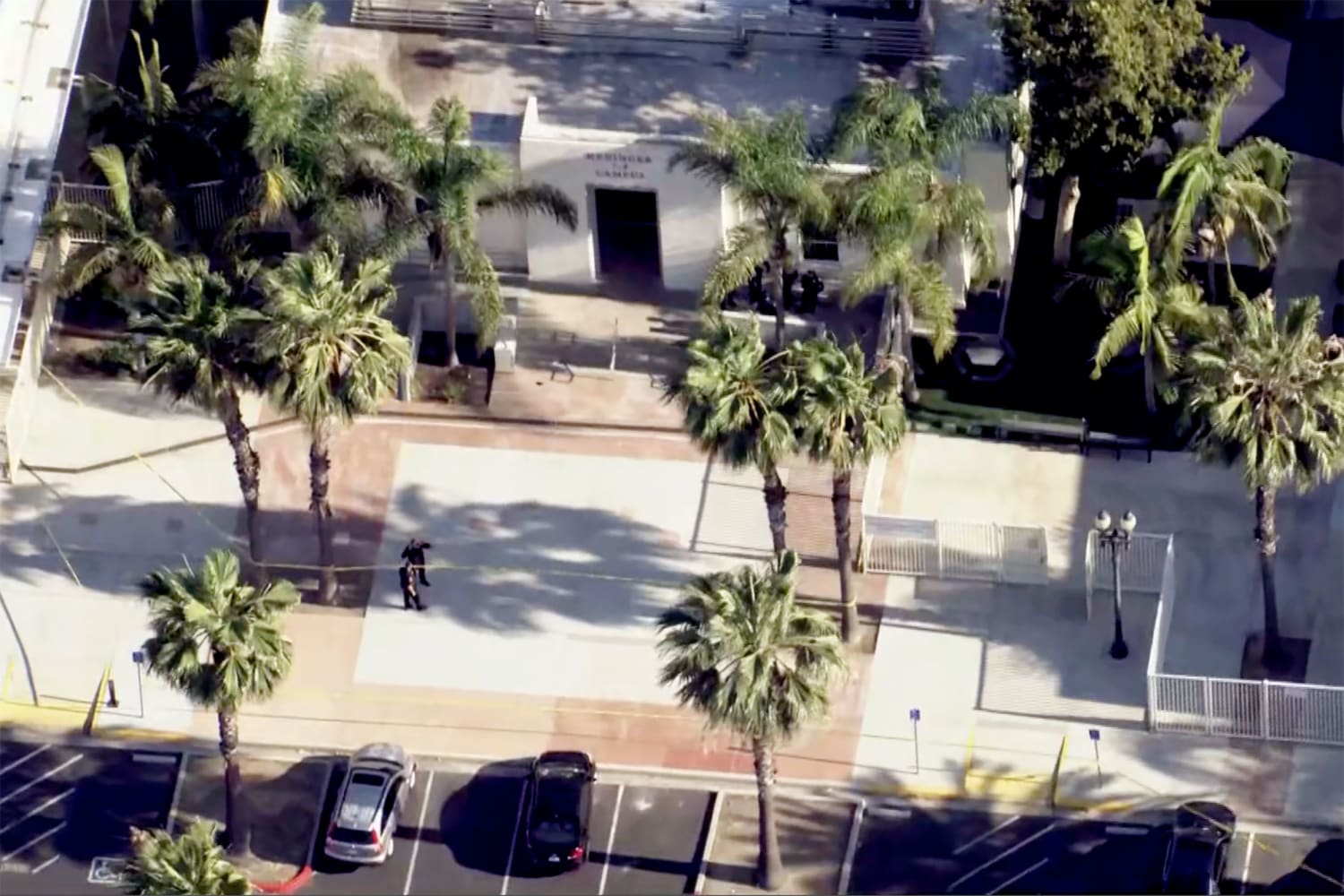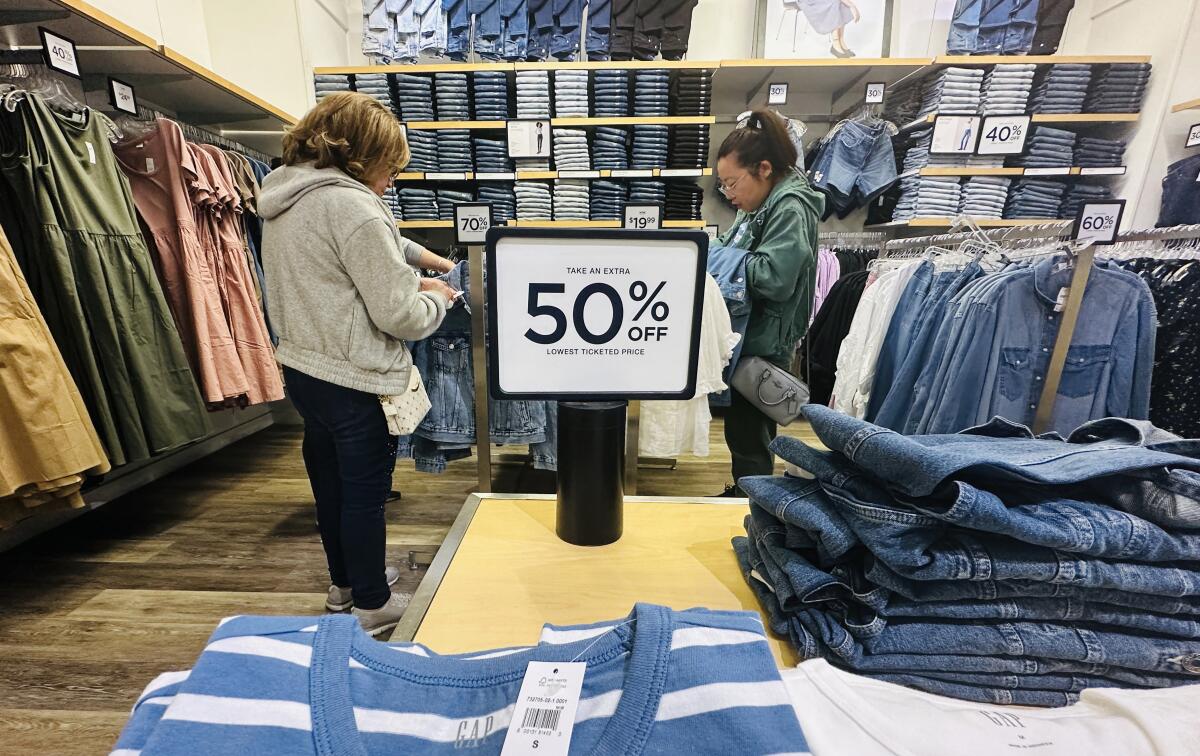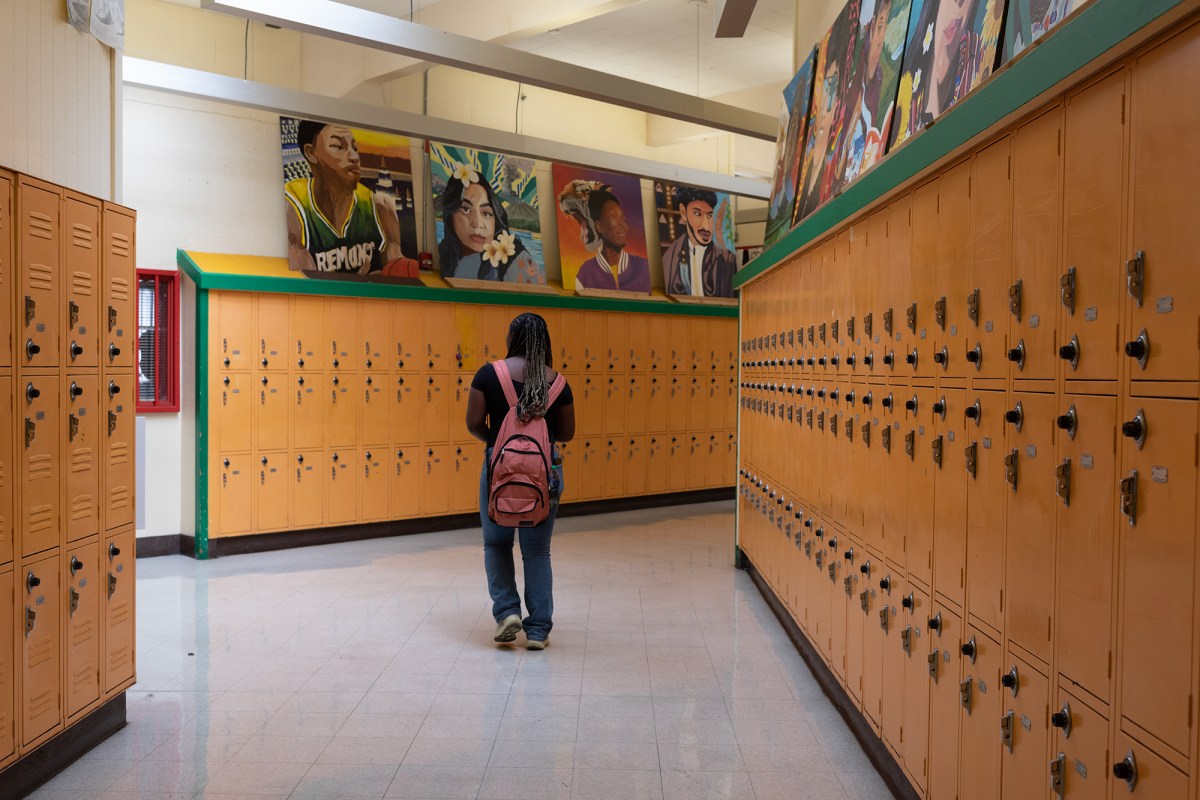Executive Summary
- NYPD arrested dozens of pro-Palestinian protesters at Columbia University after they occupied Butler Library and refused to disperse.
- Columbia University's acting president, Claire Shipman, requested NYPD assistance after protesters allegedly injured two public safety officers and disrupted academic activities.
- The protest is part of a series of campus demonstrations related to the Israel-Gaza conflict, facing scrutiny and repercussions from the Trump administration.
Event Overview
On Wednesday, dozens of pro-Palestinian protesters were arrested at Columbia University after occupying part of Butler Library. The protesters, some of whom were masked and wearing keffiyehs, entered the library and renamed the space “the Basel Al-Araj Popular University.” University officials called the NYPD after the protesters refused to show identification or leave the building, resulting in an hours-long standoff. The incident occurs against the backdrop of heightened tensions at Columbia and other US universities regarding the Israel-Gaza conflict and related accusations of antisemitism.
Media Coverage Comparison
| Source | Key Angle / Focus | Unique Details Mentioned | Tone |
|---|---|---|---|
| BBC | Arrests of protesters and university response | Mentions previous resignation of Columbia's president and Trump administration's threat to withhold $400m in federal funding. | Neutral, factual |
| Al Jazeera | Protesters' motivations and the university's condemnation | Highlights the protesters renaming the library and their reasons for protesting the university's links to Israel. | Neutral, informative |
| The Guardian | NYPD intervention and historical context of protests | Details about the protesters renaming the library and describes the scene of officers in riot gear entering the library. | Neutral, descriptive |
| ABC7 New York | Immediate aftermath and reactions from city officials | Mayor Adams' statement emphasizing the right to peaceful protest but condemning lawlessness and mentioning anyone protesting who is not a student would be arrested. | Neutral, focused on local impact |
Key Details & Data Points
- What: Pro-Palestinian protesters occupied Butler Library at Columbia University, leading to arrests.
- Who: Pro-Palestinian student activists, Columbia University officials (including acting president Claire Shipman), NYPD officers, Mayor Eric Adams, Governor Kathy Hochul, and the Trump administration.
- When: The occupation occurred on Wednesday, May 7, 2025, with arrests made in the evening.
- Where: Butler Library, Columbia University, New York City.
Key Statistics:
- Arrests: Approximately 60-80 protesters were arrested.
- Federal Funding: $400 million in federal funding was previously threatened by the Trump administration.
- Injuries: Two Columbia Public Safety officers sustained injuries during the protest.
Analysis & Context
The occupation of Butler Library and subsequent arrests highlight the ongoing tensions surrounding the Israel-Gaza conflict on US university campuses. Columbia University is under pressure from both student activists and the Trump administration, creating a challenging environment for university leadership. The incident raises questions about the balance between freedom of expression, campus safety, and the university's relationship with external political forces. The potential loss of federal funding adds another layer of complexity, impacting the university's financial stability and academic programs.
Notable Quotes
Disruptions to our academic activities will not be tolerated and are violations of our rules and policies; this is especially unacceptable while our students study and prepare for final exams.
We will not be useless intellectuals. Palestine is our compass, and we stand strong in the face of violent oppression.
As I've said repeatedly, New York City will always defend the right to peaceful protest, but we will never tolerate lawlessness.
Conclusion
The recent pro-Palestinian protests at Columbia University, leading to numerous arrests and the occupation of Butler Library, highlight the increasing polarization and continuous activism related to the Israeli-Gaza conflict. Columbia University faces mounting pressure to balance student activism, ensure campus safety, and manage external influences, particularly concerning funding and federal oversight. The university's policies regarding protests, demonstrations, and the wearing of face coverings are under intense scrutiny, especially after updates enacted due to demands from the Trump administration. These policies aim to maintain the university's mission of teaching and research while adhering to an environment driven by its values and principles. The situation's fluidity is evident in the university's decision to request NYPD intervention to remove trespassers from campus, indicating a significant escalation in response to the protests. These actions have resulted in injuries to public safety officers and raised concerns about the safety and well-being of Jewish students on campus. The protests have also led to the suspension of access for guests and alumni, and stricter ID enforcement at campus buildings. Moreover, the protests have reignited debates about Columbia's investments in companies tied to Israel, with student groups demanding divestment. Furthermore, the Trump administration's decision to withhold significant federal funding due to concerns about antisemitism on campus has intensified the challenges faced by Columbia. This has resulted in layoffs and scaled-back research initiatives, affecting the university's academic and research mission. The administration has also demanded policy changes, including revisions to the student disciplinary process and increased oversight of Middle Eastern studies. The long-term implications of these events could reshape university policies, impact funding sources, and redefine the landscape of campus activism, potentially chilling free speech and academic freedom. The events at Columbia also underscore the broader tensions within higher education regarding colonialism, identity, justice, and the role of the university as a neutral forum versus a moral actor.
Disclaimer: This article was generated by an AI system that synthesizes information from multiple news sources. While efforts are made to ensure accuracy and objectivity, reporting nuances, potential biases, or errors from original sources may be reflected. The information presented here is for informational purposes and should be verified with primary sources, especially for critical decisions.









